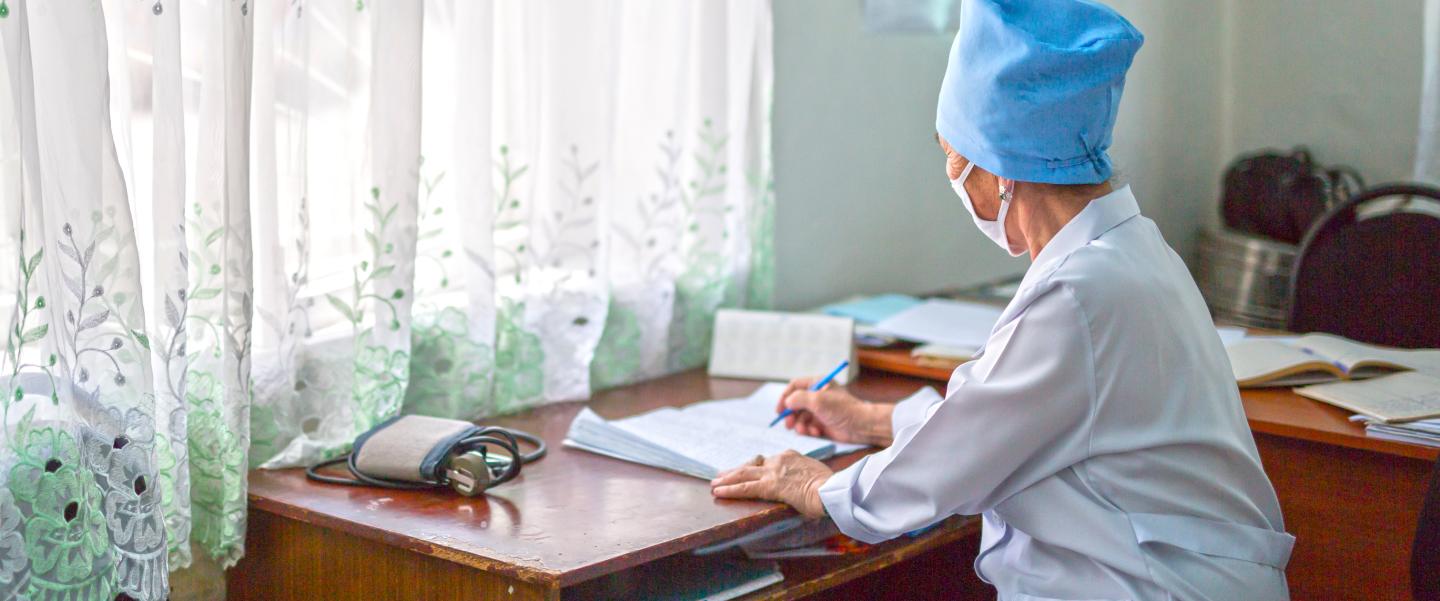HIGHLIGHTS
- Central Asia is a hotspot for drug-resistant TB (DR-TB)
- Building capacity for improving the detection and treatment of DR-TB
- Improve Central Asia health systems’ ability to detect and deliver DR-TB services
The Challenge
Central Asia is a hotspot for DR-TB. TB services are outdated, unsustainable and expensive, and increasing financial pressure on governments means money to improve services is limited. TB has a large social impact on individuals as high levels of stigma and discrimination persist.
The Approach
ETICA, a $31.6 million, five-year USAID program, aims to reduce the burden of TB in Central Asia by building local and regional capacity for improving the detection and treatment of DR-TB. The Abt-led team will improve Central Asian health systems management, financing, and information systems. It will work with communities to reduce the stigma of TB and provide comprehensive support services. And it will improve service delivery by ensuring that providers are skilled and motivated and that drugs, supplies and services are accessible.
The Results
The project will work in five countries in Central Asia: Tajikistan, Uzbekistan, Kazakhstan, Kyrgyzstan and Turkmenistan. It will focus on measurable and sustainable improvements in the ability of health systems to deliver quality DR-TB services. Expected results include increased detection of TB and DR-TB; increased treatment success for TB and all types of DR-TB; improved enabling environment and financial sustainability of TB and DR-TB programs; effective detection where people first seek care; strong community support; robust data collection, analysis, and feedback systems; and increased local capacity to finance and implement TB services.
Learn more:
- Breaking the Glass Ceiling: A Tajik Woman Leads TB Project in Central Asia
- USAID Eliminating TB in Central Asia Activity: Unbroken by TB and Stigma
- Abt Team to Help Build Central Asia’s Capacity to Address TB
- Matriarchs in Tajikistan help spread the word on COVID-19 prevention
- Volunteers Create Hope in Tajikistan (Photo Story)
